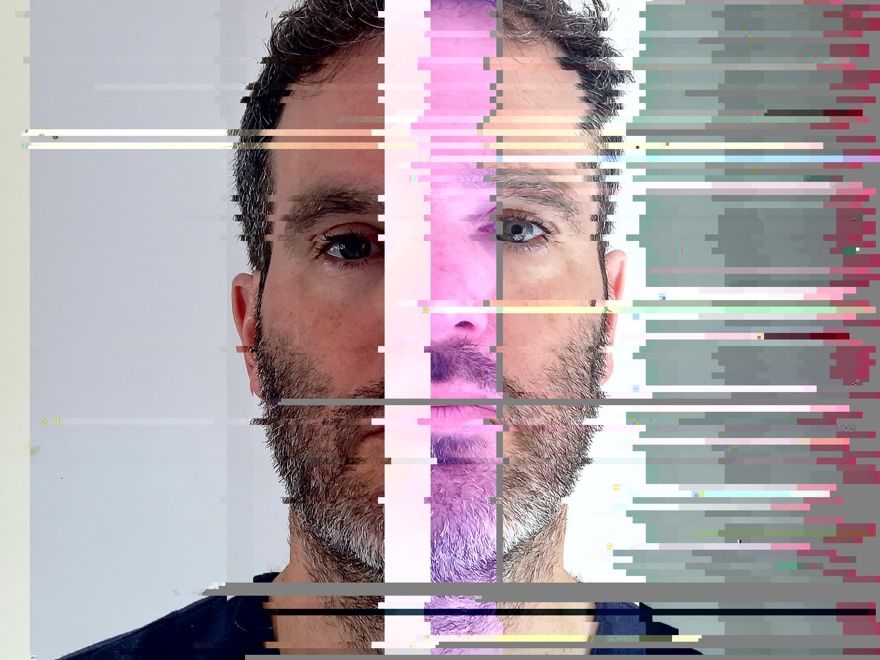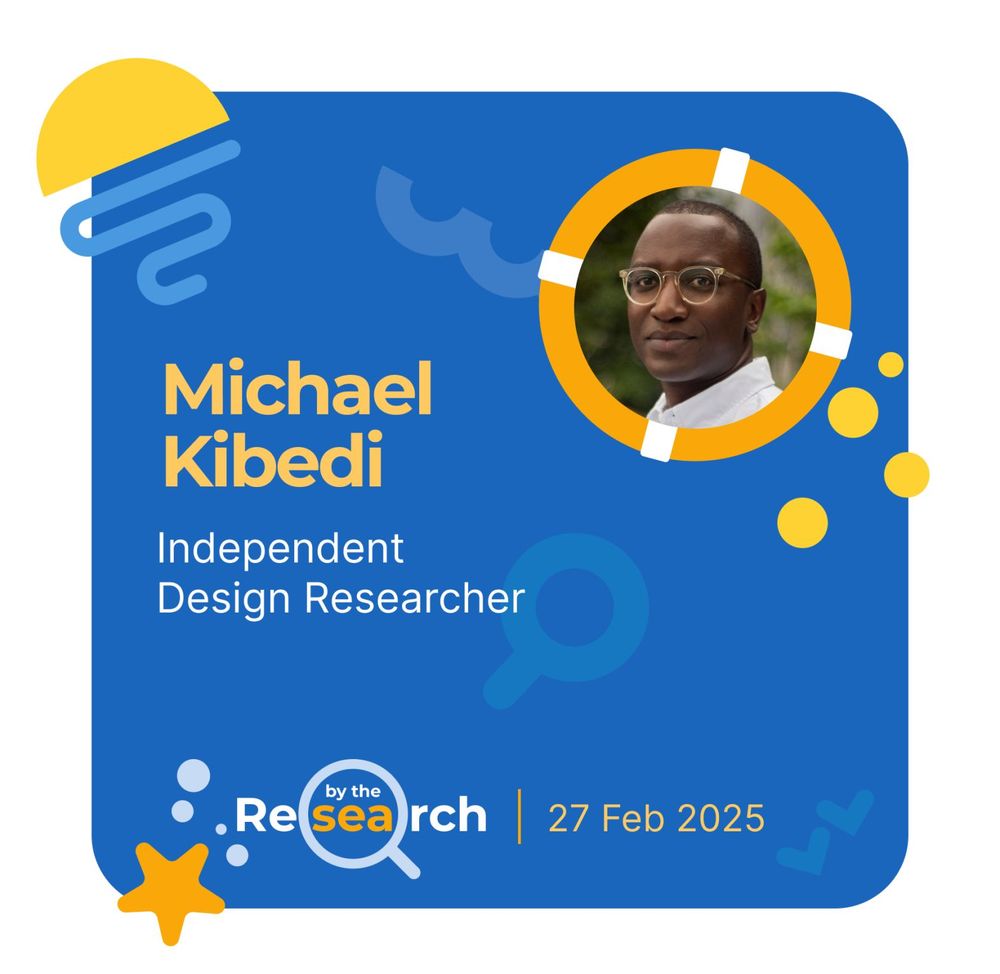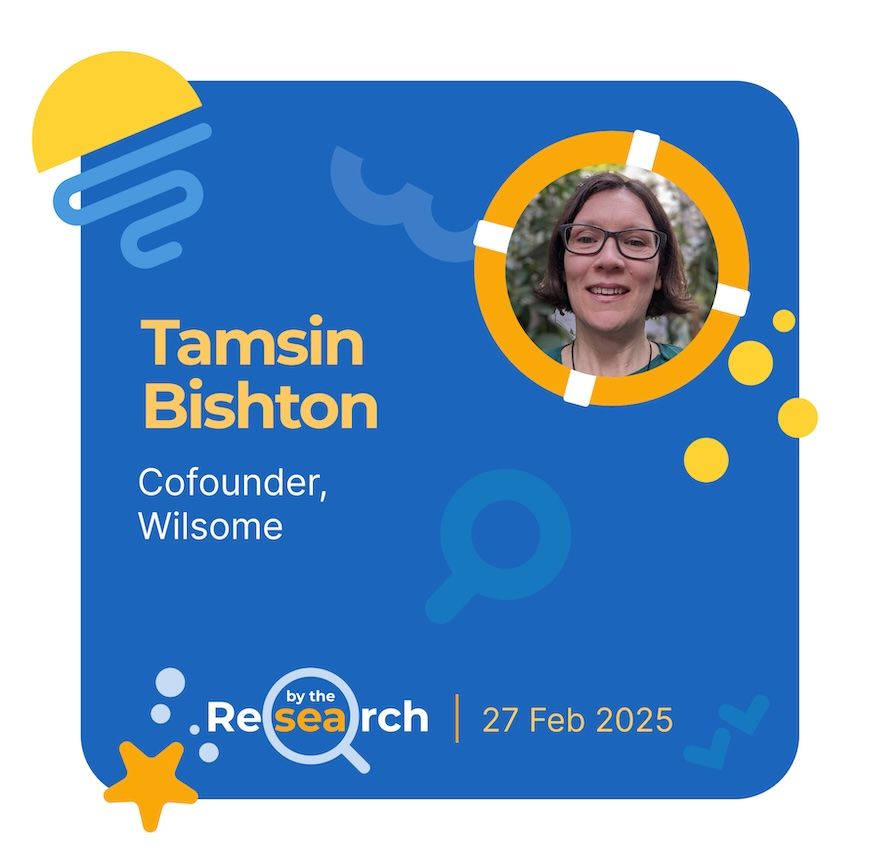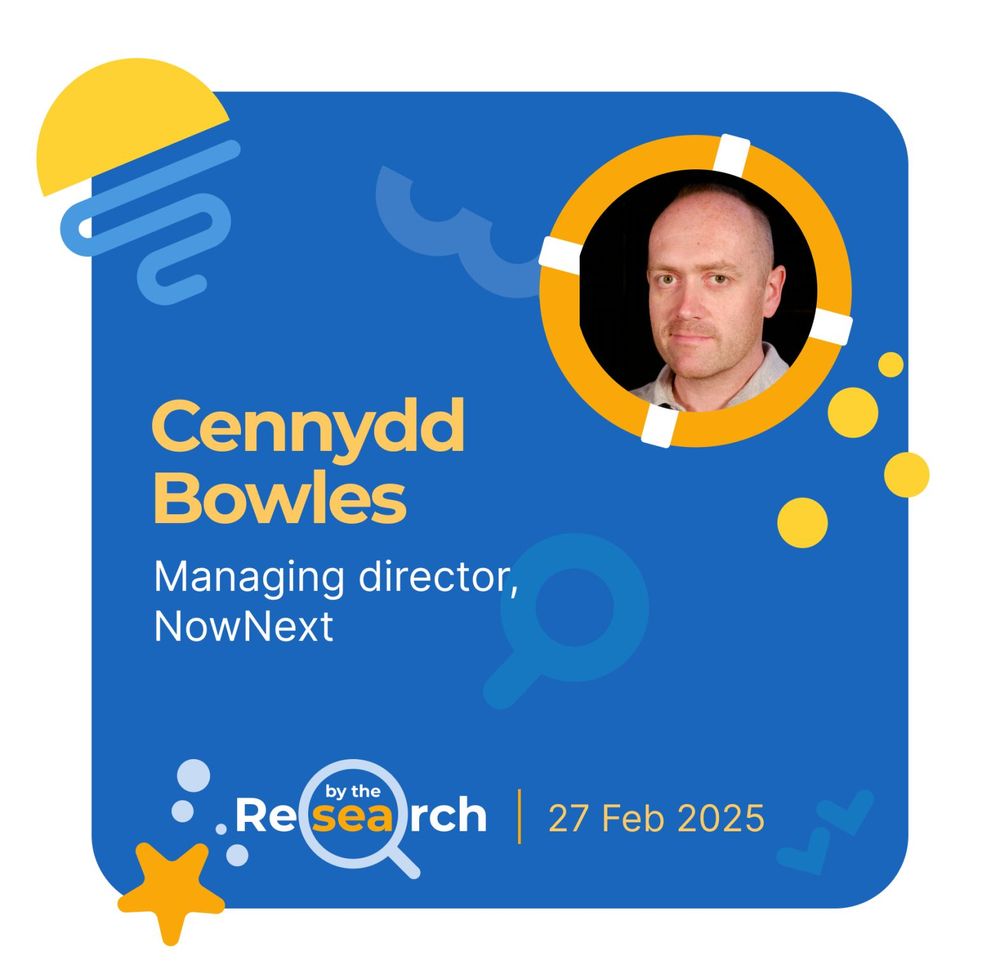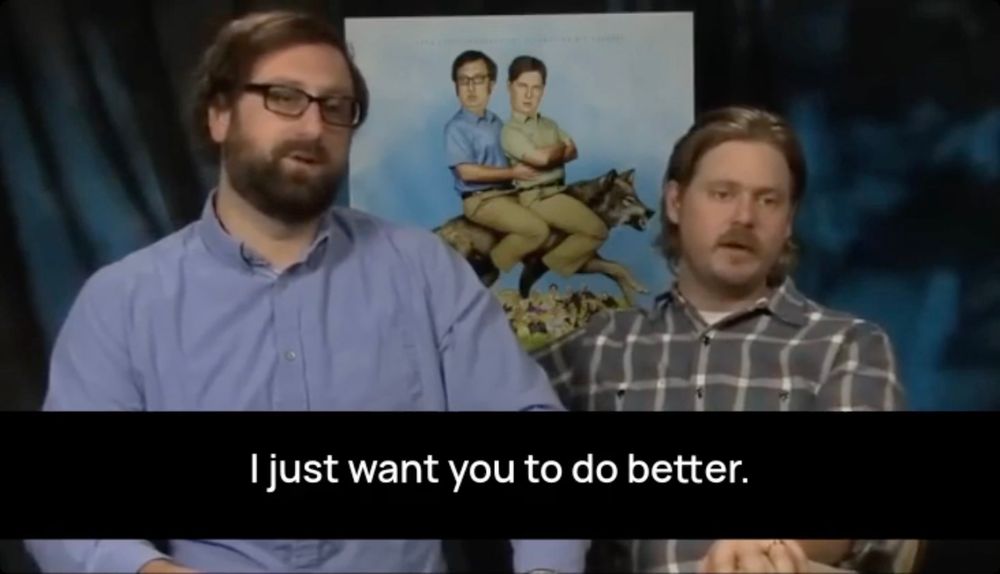Weeknotes? More like weak notes!
I love the idea or weeknotes. As a reader of other’s notes, I enjoy finding out what other people are working on whether that be personal or client projects. I love the serendipity of discovering a new tool or approach for problem solving, discovering new authors or content creators. As a writer of my own notes, I find them a useful way to reflect on my own challenges and successes, document and celebrate them for a future date. Most of all, I find writing distills my current thought process on a topic, emerging idea or concept.
But weeknotes clearly don’t work for me. Similar to other well-meaning habits, I have a successful few months at the start of the year. Weekly entries start to wane to fortnightly notes, then monthly notes and beyond. As the timeframe between notes increases, the quality of recall plummets, which often results in the dreaded listicle. Progress and change rarely coincides within the seven-day cadence of a week. Likewise, downtime doesn’t require or is worthy of an update.
On my website, weeknotes currently share the same directory of other longform content in writing. I don’t think this is the correct place for weeknotes. On reflection, I think weeknotes are largely a personal writing activity which deserve their own category on a personal website. In other words, and somewhat contradictory to my above point as a reader of other’s weeknotes, I think the audience of my weeknotes is primarily me. My worry is that over time weeknotes will dilute the overall quality of less-frequent, longer, more researched and developed ideas of my writing.
I’ve also struggled with maintaining a consistent content framework. While this isn’t necessarily a problem, I think some degree of prescribed boundaries would help as an author but also for a reader. This will hopefully help me focus on my interests and the areas I want to develop in my career and personal life.
## Weeknotes are dead, long live cycles
¶Section titled Weeknotes are dead, long live cycles
My current thinking is to collect content under cycles. But why cycles?
* Cycles to refocus my attention on seasonal writing. Inspired somewhat from the 72 micro-seasons of Japan, a collection of poetic seasons observing the micro changes of Japan’s natural environment. I appreciate how this calendar is led by natural changes around us. I hope that my own writing will become more attuned to my own sense of place and be reflected in its cadence.
* Cycles to focus on gardening; organic and digital.
* Cycles to reflect the natural milestones, progress and learning of my working world.
* Cycles, or (bi)cycles, to encourage me to be more adventurous on two wheels.
But most importantly, cycles for more flexibility, less guilt and forced content.
07.08.2025 03:20 — 👍 0 🔁 0 💬 0 📌 0
Website homepage - Benjamin Parry
@benjamin.parry.is.web.brid.gy
Personal website of Benjamin Parry
2 Followers |
0 Following |
255 Posts |
Joined: 27.12.2024 |
2.24
